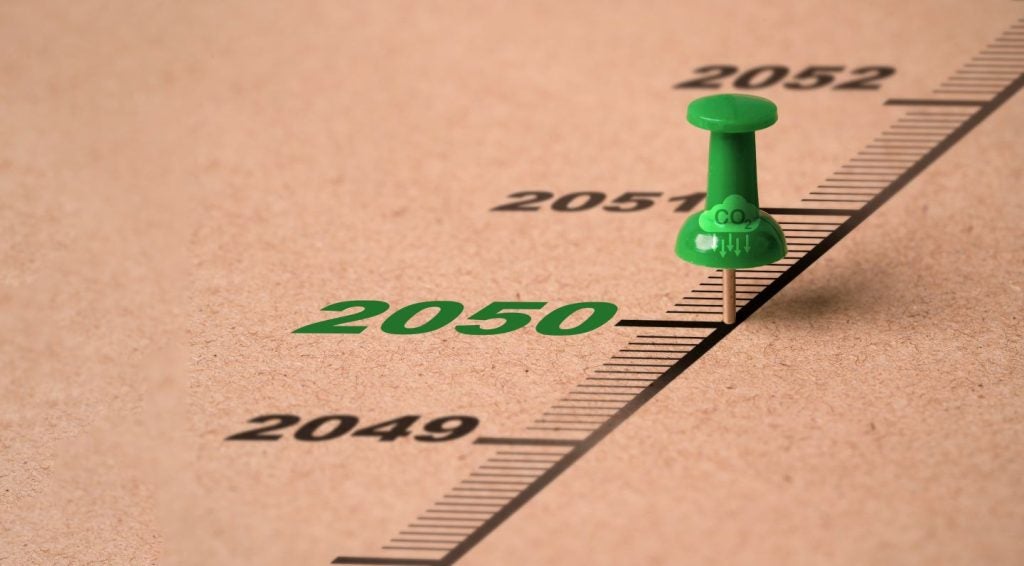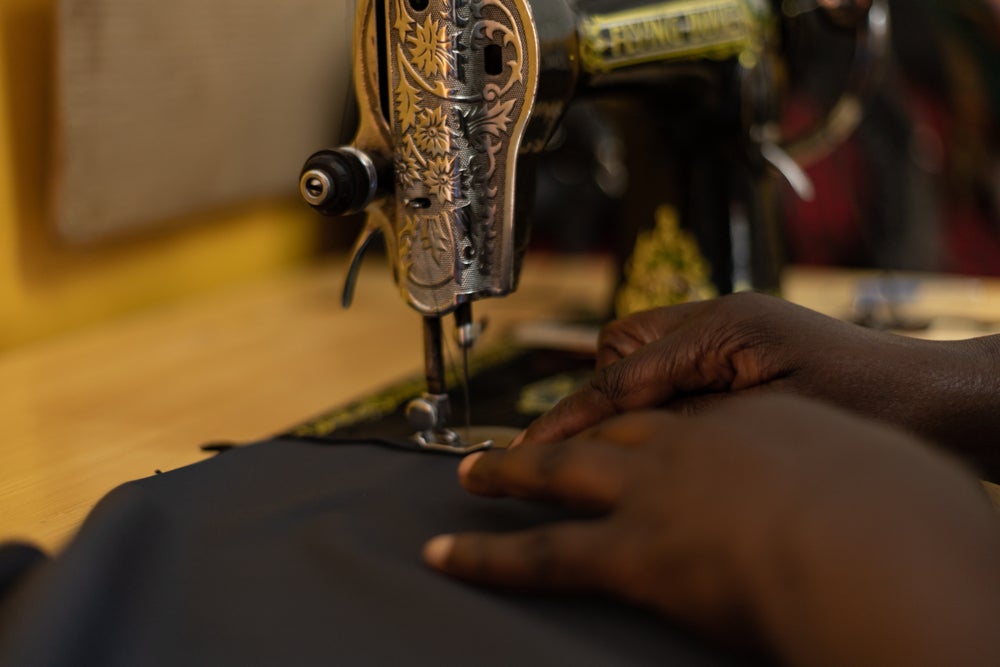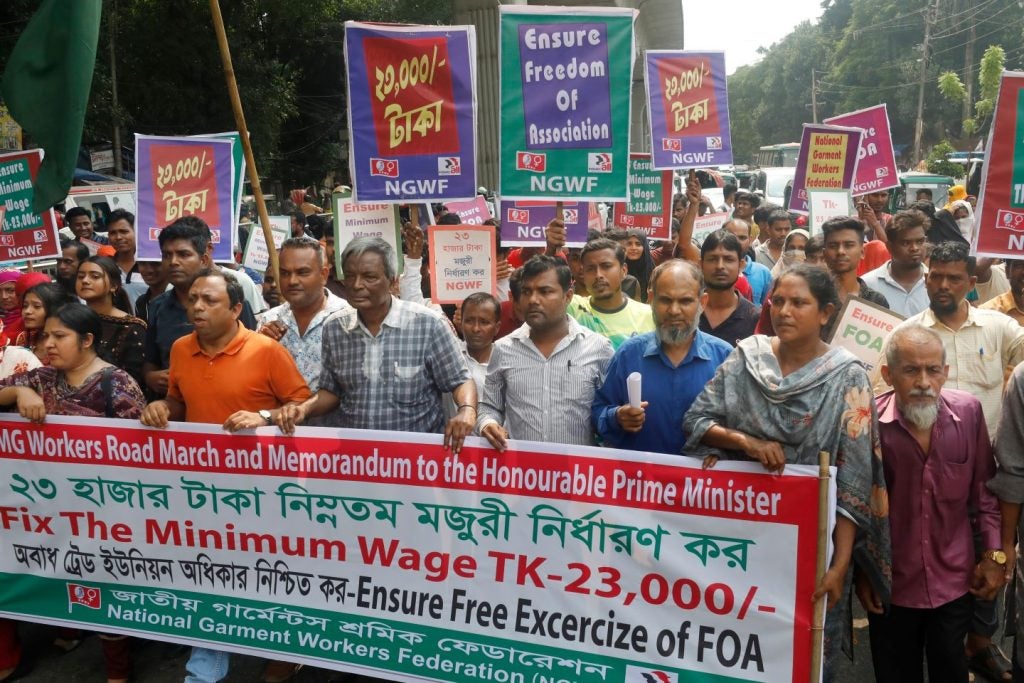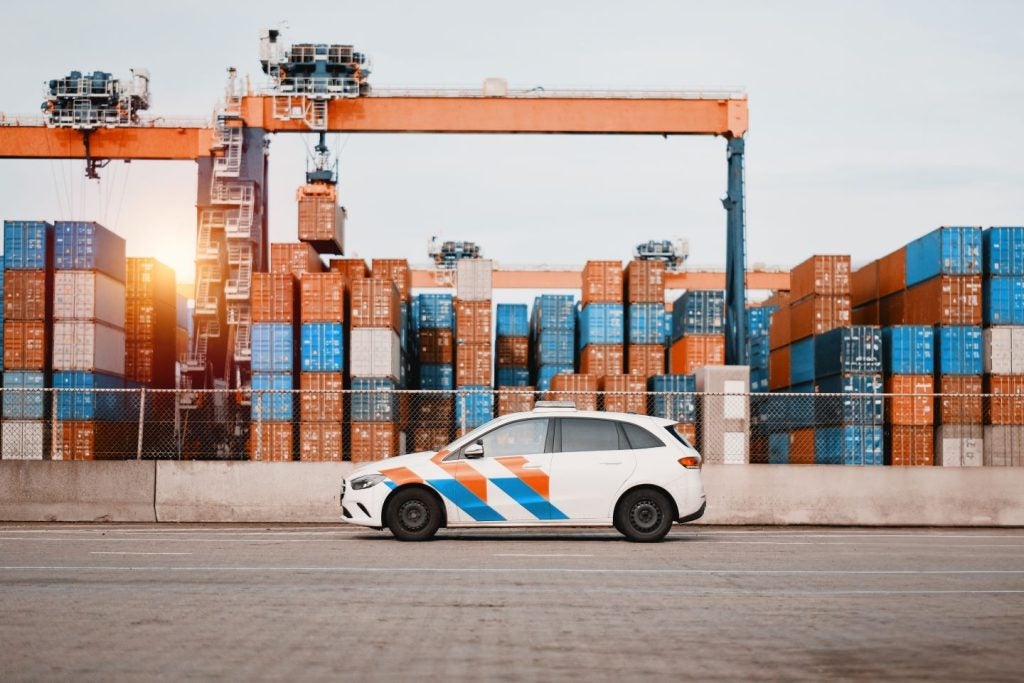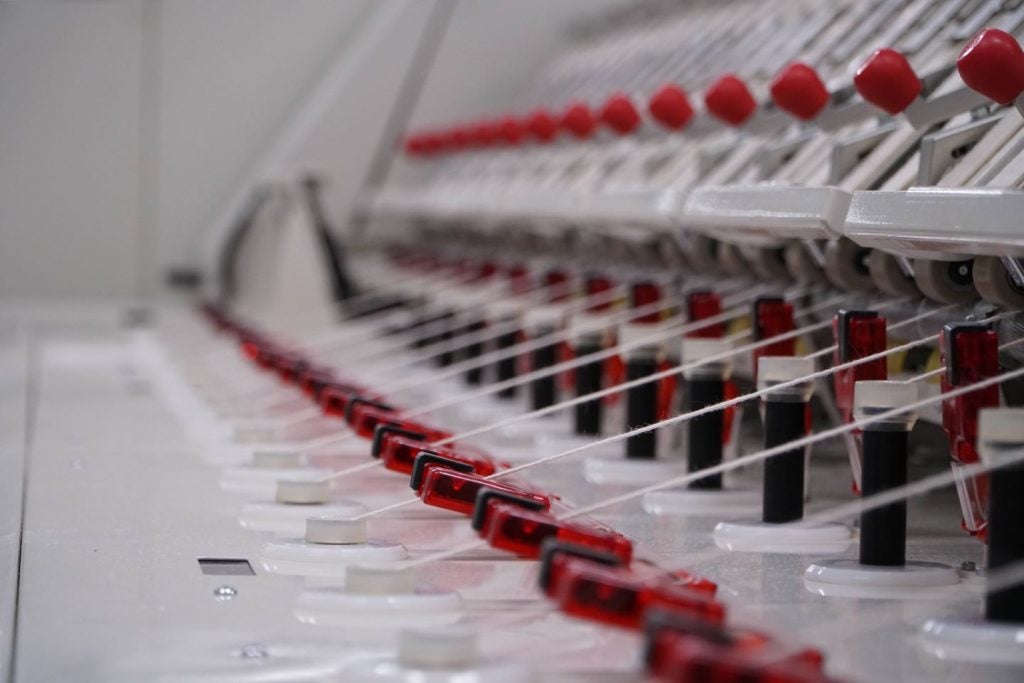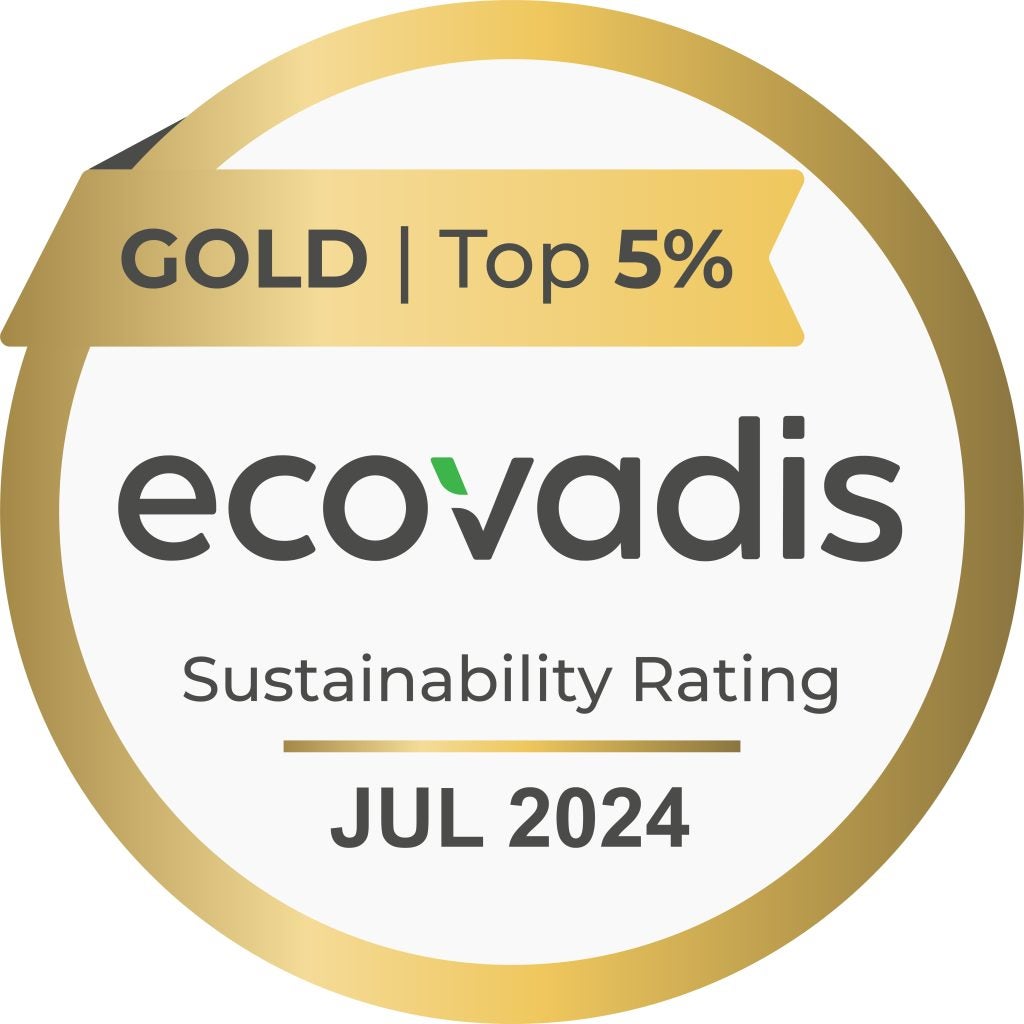Sae-A Trading aims to reduce direct and indirect greenhouse gas emissions (Scope 1 and Scope 2) by 42% by 2030. Furthermore, the company plans to increase the circularity of materials and waste, as well as reduce carbon emissions across its value chain (Scope 3) by 25%, all in pursuit of achieving net-zero by 2050.
To enhance these efforts, Sae-A Trading has leveraged advanced technology to optimise operations and reduce carbon emissions. By employing AI and RPA, the company has integrated diverse data sets, greatly reducing user work hours and improving efficiency. Additionally, the implementation of an Advanced Planning System (APS) has streamlined the management of global production lines, while a traceability system ensures transparent management of yarn and fabric origins. These technological adaptations contribute significantly to minimising waste and emissions, aligning with the net-zero goal.
Saila Kim, executive vice president of corporate strategy and management department at Sae-A Trading, said: "Given the growing urgency of climate change, there is a clear shift towards ESG initiatives in retail and manufacturing. We are committed to using sustainable raw materials and packaging, cutting down on unnecessary polybags and tapes in favour of recycled alternatives. By integrating digital tools and traceability standards, we improve data accuracy and boost operational efficiency as well."
Sae-A Trading says the approval allows it to now foster collaborations with internal and external stakeholders to realise its future roadmap with regard to its decarbonisation efforts.


